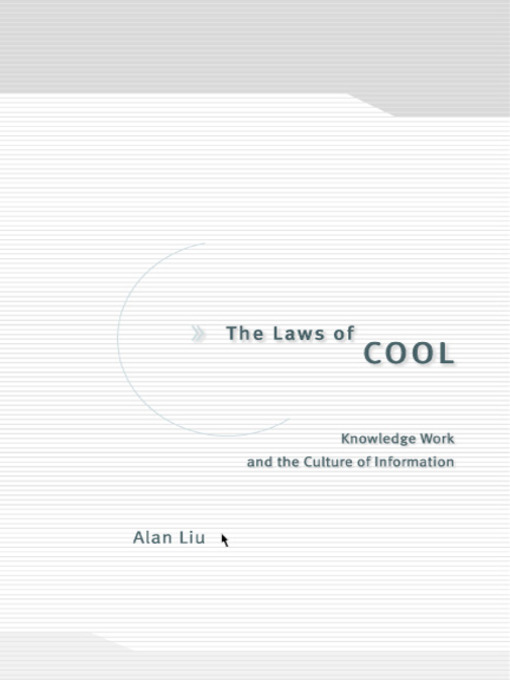This content is being reviewed in light of recent changes to federal guidance.
On Being Cool: A Cold Announcement
 In the later years of the last century, Edward Said’s Orientalism (1978) and Culture and Imperialism (1993) broadcast clear signals about the misdeeds of humanistic disciplines in the United States, the British Commonwealth, and the theoretical centers of Europe. Said’s aim was not to erase the Western intellectual tradition that informed his thinking. He only wanted to expose its hidden agendas, its disinformative ideologies. Said’s pugnacious critiques have yet to be digested by people who study literature and culture. Perhaps the wounds we shall suffer from Arab Spring and Taliban Summer will promote greater attention to Said’s work, to his brave integrity. Said was cool.
In the later years of the last century, Edward Said’s Orientalism (1978) and Culture and Imperialism (1993) broadcast clear signals about the misdeeds of humanistic disciplines in the United States, the British Commonwealth, and the theoretical centers of Europe. Said’s aim was not to erase the Western intellectual tradition that informed his thinking. He only wanted to expose its hidden agendas, its disinformative ideologies. Said’s pugnacious critiques have yet to be digested by people who study literature and culture. Perhaps the wounds we shall suffer from Arab Spring and Taliban Summer will promote greater attention to Said’s work, to his brave integrity. Said was cool.
Should Said be too old-school for students and scholars of post-tomorrow, their tastes might be satisfied by Alan Liu’s The Laws of Cool: Knowledge Work and the Culture of Information (University of Chicago Press, 2004). Liu is cold. He has extended the pioneering project of Robert Farris Thompson’s Flash of the Spirit: African & Afro-American Art & Philosophy (Vintage, 1984) to argue a definition: “Cool is, and is not, an ethos, style, feeling, and politics of information” (179). The definition is cold.
One of Liu’s major premises is “that the academy can no longer claim supreme jurisdiction over knowledge” (21). Common sense and the rise of MOOCs give some credibility to his premise. Lui cleverly detects that our current century possesses an “astigmatism of sensibility” (232) from which it is unlikely we shall recover. Institutions of higher and lower education in the West have been co-opting this astigmatism for several years. Their awkward reforms of education do indeed keep it real. But Dick and Jane Nobody on the street are “rad” know what time it is, even if guardians of power work overtime to use new technologies and media to systemically murder the will to know.
The Laws of Cool gives us no solutions for anything. Nor should it. This book merely provides a context for reflection on how to minimize nihilism and “absolute violence” in our life-sustaining efforts to hold fast to our will to know. It is a prelude for invested reading of Reiland Rabaka’s Forms of Fanonism (Lexington Books, 2010) and for transforming Fanon’s theorizing into praxis (good deeds) in our local communities. Study of the humanities and making of knowledge is not to be divorced from the use of humanities and knowledge to help people. We arm ourselves for service by supplementing what we think we know of aesthetics, history, and culture by acquiring new knowledge about labor and economics, the hard sciences, law and incarceration—-do something more than gawk at Michel Foucault’s speculations on punishment or Hegel’s invitations to enslavement. Don’t slip gentle into night.
I am ignorant enough to believe human beings can keep their souls and shape their destinies by observing the imperatives of Margaret Walker’s “For My People” and Gwendolyn Brooks’ “First Fight. Then Fiddle.”
Eschewing being cool to become cold involves holding fast to the deep time and honorable behaviors of African American humanistic tradition. We are not obliged to collect thirty pieces of silver on an electrified or electronic rug.